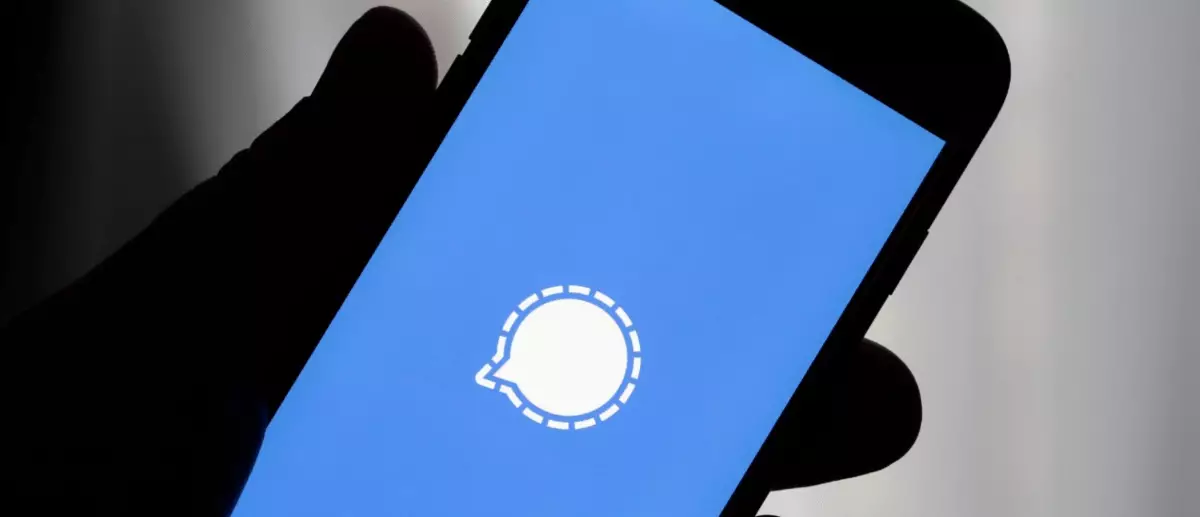Recently, the encrypted messaging platform Signal has found itself at the center of a significant controversy involving sensitive military discussions by U.S. officials. The communication error that led to this debacle—wherein high-ranking members of the Trump administration, including Vice President J.D. Vance and Secretary of Defense Peter Hegseth, inadvertently included Atlantic editor Jeffrey Goldberg in their group chat—exposes a troubling gap in security protocols. While Signal is renowned for its end-to-end encryption, the incident raises questions about the human element in secure communications and how easily it can falter.
Signal’s reputation as a bastion of privacy is undeniably robust, yet this incident highlights a stark reality: no security measure is foolproof when human error is in play. The discussion surrounding a planned military operation against the Yemeni Houthis, once intended for a small, classified group, was compromised by a slip that should never have happened. This lapse, however, is not a reflection of Signal’s technology but rather of the urgent necessity for more stringent operational protocols within governmental communications.
Surge in Popularity: A Paradox of Trust and Intrusion
Interestingly, the fallout from this error has brought about a surge in downloads for Signal, with a notable 28% increase across iOS and Google Play, and an impressive 45% spike in the U.S. alone on the day the news broke. This paradox raises an intriguing question: does the very exposure of its vulnerabilities lead to increased trust in Signal? The logic behind this is somewhat convoluted. Many users may perceive that a breach of this nature allows them to reflect on the importance of security in an increasingly digital world. Rather than deterring users, the realization that such discussions can leak might galvanize individuals to seek out privacy-focused tools.
Despite Signal’s effectiveness in protecting user data, the incident sheds light on a deeper cultural dilemma surrounding digital communication. As people flock to Signal in light of the leaked military plans, the app’s intention as a secure messaging tool for the general populace clashes with its current use by government entities for classified discussions. This misuse of a consumer-oriented platform for sensitive state affairs might fuel skepticism about its viability for non-governmental users.
A Need for Robust Protocols
This saga ultimately stresses the dire need for robust communication protocols within government agencies. The ERC guidelines that govern the security of classified information must evolve to include better training and clearer rules regarding the use of applications like Signal. Inclusion of journalists in sensitive chats should be explicitly forbidden and monitored—this is not simply a matter of etiquette; it’s a critical security issue.
As investigations continue into how such a critical lapse occurred, the spotlight shines just as brightly on the app’s role in this scenario. While encrypted services like Signal have transformed personal communication, the blurred lines between private user interactions and government affairs can lead to calamitous missteps. The gravity of this situation compels leaders and technologists alike to rethink how secure platforms are deployed in sensitive environments and to ensure that user operations do not become the weakest link in the security chain.

